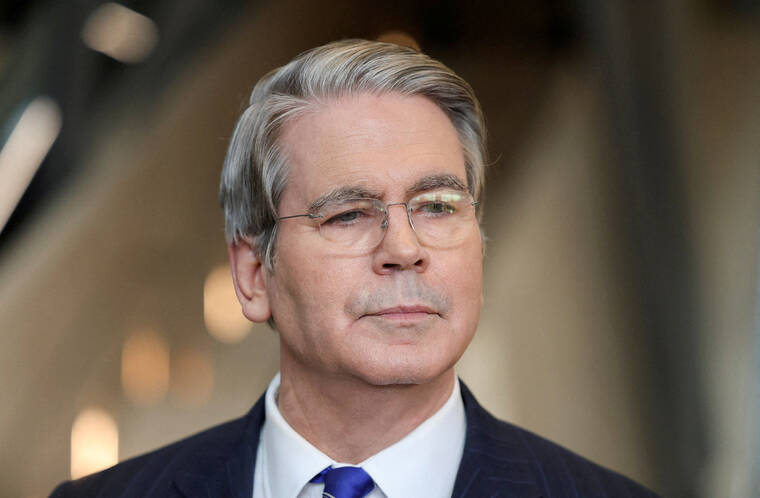High interest rates in the United States may be pushing parts of the economy, especially the housing sector, into recession. This warning comes from U.S. Treasury Secretary Scott Bessent, who reiterated his call for the Federal Reserve to expedite interest rate cuts during an appearance on CNN’s “State of the Union” program.
Bessent emphasized that while the overall economy remains stable, certain sectors face significant challenges. He stated, “I think that there are sectors of the economy that are in recession,” attributing this to the Federal Reserve’s policies leading to “distributional problems.” The elevated mortgage rates have been particularly detrimental to the real estate market, affecting lower-income consumers who often have debts but lack substantial assets.
According to the National Association of Realtors, pending home sales in the United States remained flat in September 2023, indicating stagnation in the housing market. Bessent characterized the current economic environment as transitional, with potential risks ahead if the Fed maintains its current course.
Bessent’s concerns echo those of Federal Reserve Chair Jerome Powell, who recently indicated that the central bank might not implement further rate cuts at its upcoming meeting in December. This stance has drawn criticism from Bessent and other officials from the Trump administration, including Stephen Miran, who is currently on leave from his role as chairman of the White House Council of Economic Advisers.
In an interview with the New York Times, Miran warned that failing to lower interest rates could risk inducing a recession. He was one of two Fed governors who voted against a recent decision to reduce rates by 25 basis points, advocating instead for a more aggressive cut of 50 basis points, or 0.5 percentage points. Miran remarked, “If you keep policy this tight for a long period of time, then you run the risk that monetary policy itself is inducing a recession.”
Bessent shared this perspective, noting that the cuts in government spending during the Trump administration have contributed to a decrease in the deficit-to-gross-domestic-product ratio from 6.4% to 5.9%. This development could potentially help in lowering inflation rates. He argued, “If we are contracting spending, then I would think inflation would be dropping. If inflation is dropping, then the Fed should be cutting rates.”
The current discourse surrounding interest rates highlights the broader implications for the U.S. economy. If the Federal Reserve responds to these warnings with timely rate cuts, it may help alleviate pressures on the housing market and support consumers facing economic hardships. As discussions continue, the focus remains on balancing monetary policy with the overall health of the economy.







